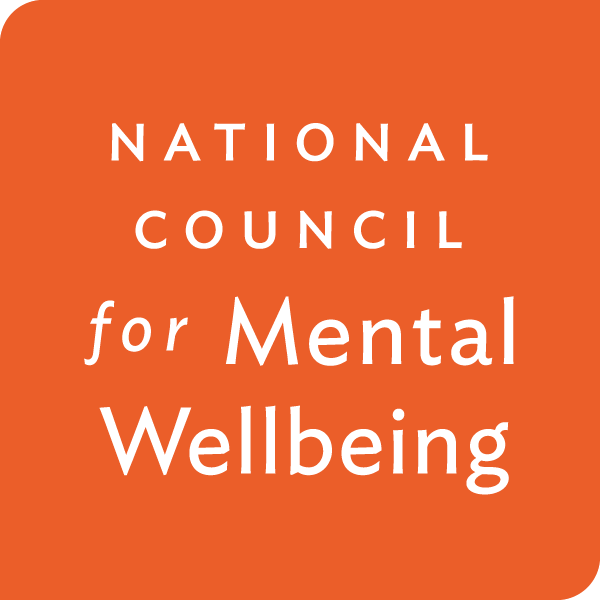New report provides an innovative approach to meet organizations’ clinical care and reporting needs
WASHINGTON, D.C. (Feb. 26, 2024) – The National Council for Mental Wellbeing today released new guidance for organizations that provide mental health and substance use treatment and care to help them improve care and align quality goals in value-based payment (VBP) arrangements.
Advancing Measurement-informed Care in Community Behavioral Health, from the National Council’s Center of Excellence for Integrated Health Solutions and Medical Director Institute, proposes a new, advanced approach to measurement in behavioral health care. Research shows that behavioral health care quality improves when clinicians repeatedly assess and provide feedback on client progress toward quantifiable measurement-based outcomes.
“Organizations are under immense pressure to collect and report a range of clinical data to regulators and payers, but there are few widely accepted or agreed-upon measures to help them meet those expectations while also providing meaningful information to clinicians and clients,” said Dr. Joe Parks, co-director of the National Council Medical Director Institute and co-author of the paper. “This new paper provides the guidance necessary to address that urgent need to better align measures to meet the needs of both payers and clinicians.”
Measurement-informed care (MIC) recognizes measurement as a vital, though not exclusive, factor informing behavioral health treatment decisions. In this approach, an organization selects a single, curated set of measures to meet its clinical care and reporting needs, reducing confusion, misalignment and reporting burdens for providers. This set recommends priority measures for depression, anxiety and alcohol use, as well as chronic illness measures for common medical illnesses, and it proposes transdiagnostic functional and quality-of-life measures that increase focus on the client and lessen future burden as MIC demands increase.
MIC emphasizes the essential role of measurement in treatment decision-making while addressing its limitations by incorporating qualitative data and factors that impact fair access to care. Behavioral health clinicians regularly consider difficult-to-quantify psychosocial factors when determining treatment plans and directing care.
“MIC has great potential to advance the quality and impact of the nation’s behavioral health care by improving organizational quality monitoring, accountability and alignment with VBPs,” Dr. Parks said.
The new report is a pivotal step in moving toward a standardized and more focused approach to measurement in behavioral health care, helping organizations to improve treatment decisions, support clinical progress and enhance accountability and efficiency of care.
About The National Council
Founded in 1969, the National Council for Mental Wellbeing is a membership organization that drives policy and social change on behalf of over 3,200 mental health and substance use treatment organizations and the more than 15 million children, adults and families they serve. We advocate for policies to ensure access to high-quality services. We build the capacity of mental health and substance use treatment organizations. And we promote greater understanding of mental wellbeing as a core component of comprehensive health and health care. Through our Mental Health First Aid (MHFA) program, we have trained more than 4 million people in the U.S. to identify, understand and respond to signs and symptoms of mental health and substance use challenges.
Media Contact
Sophia Majlessi
Media@TheNationalCouncil.org
202-621-1631




